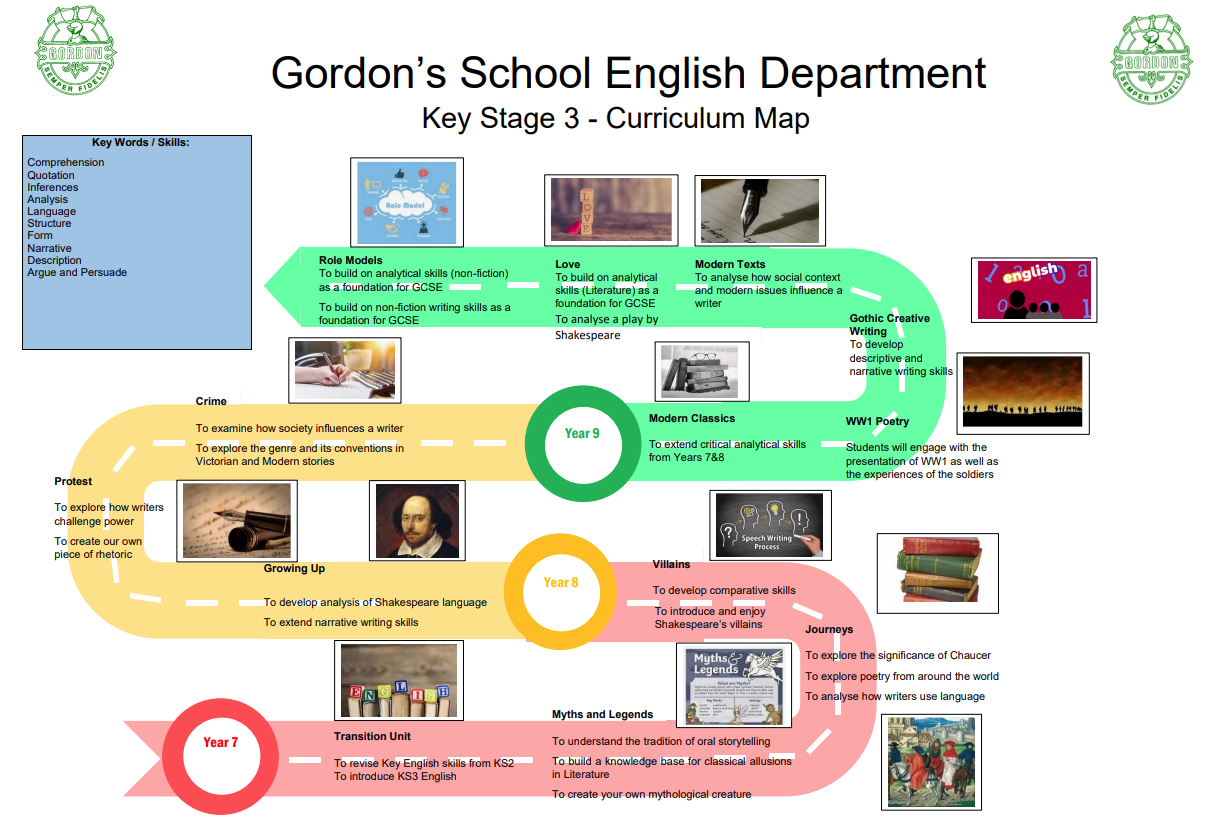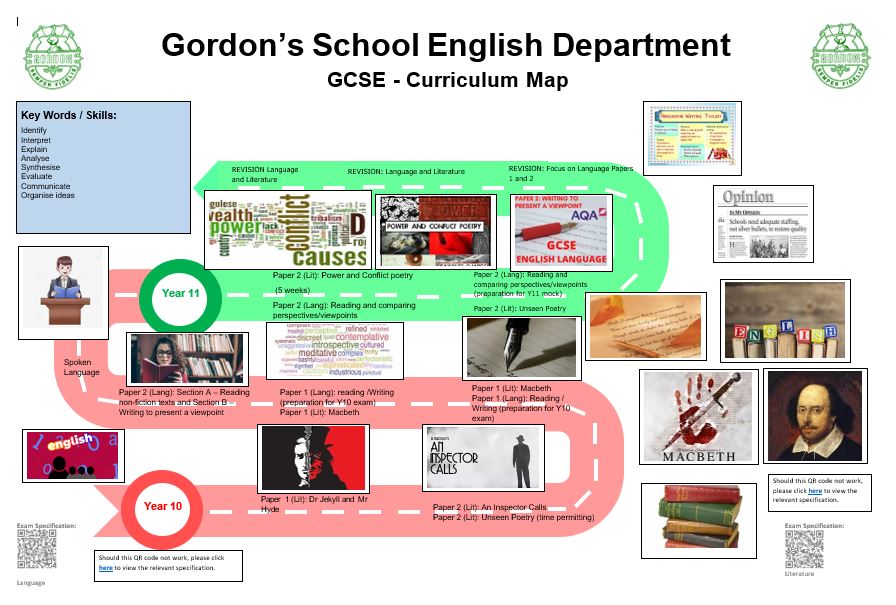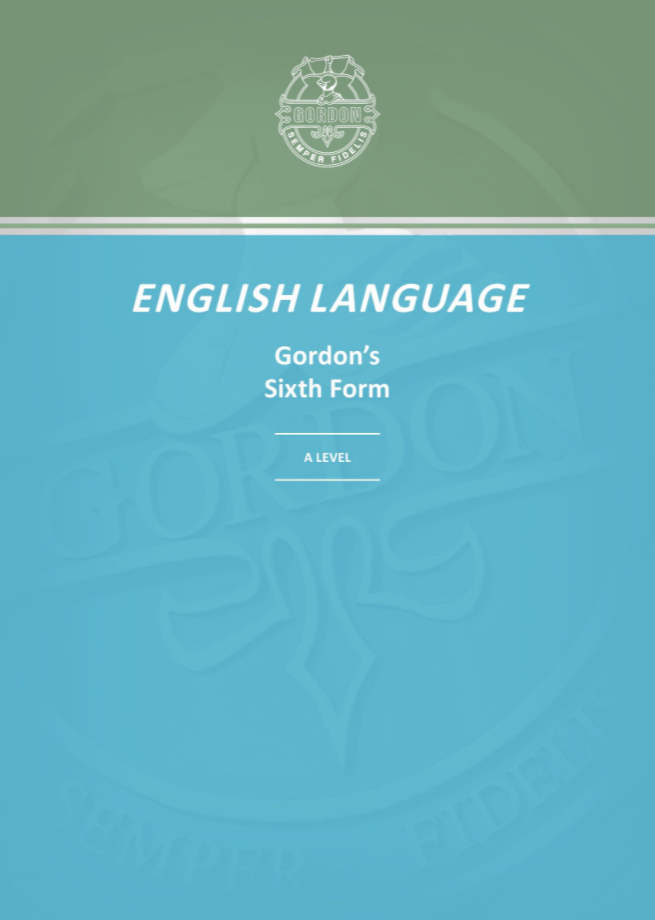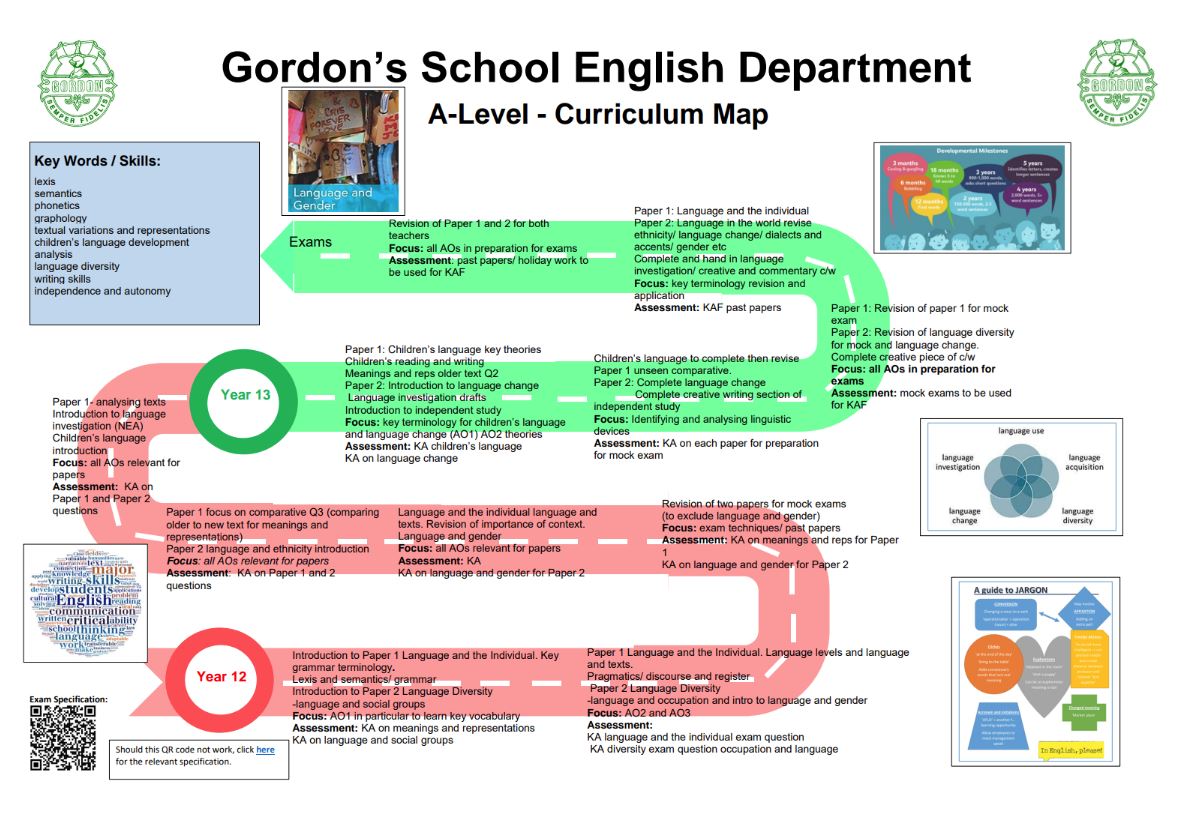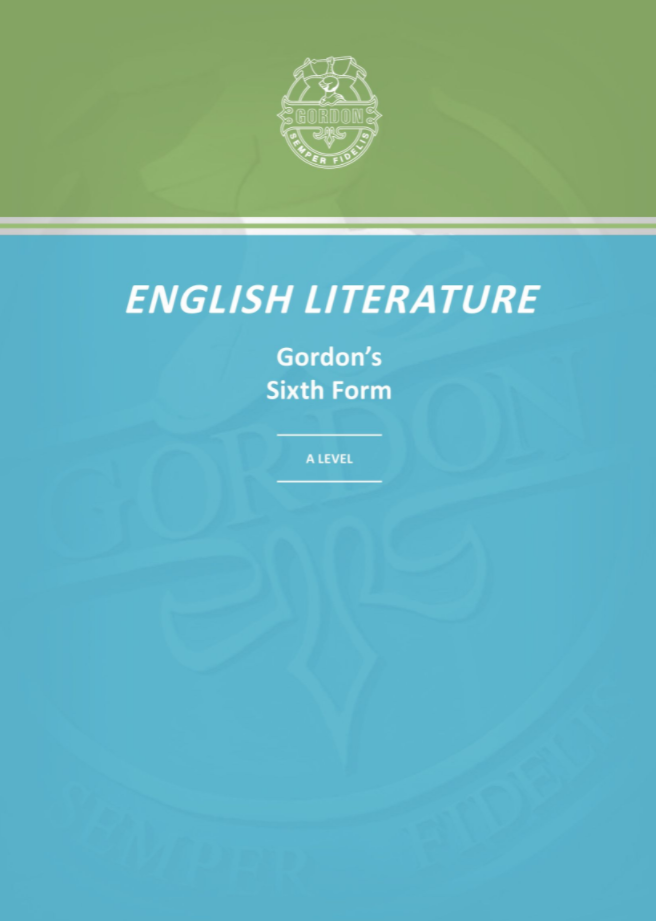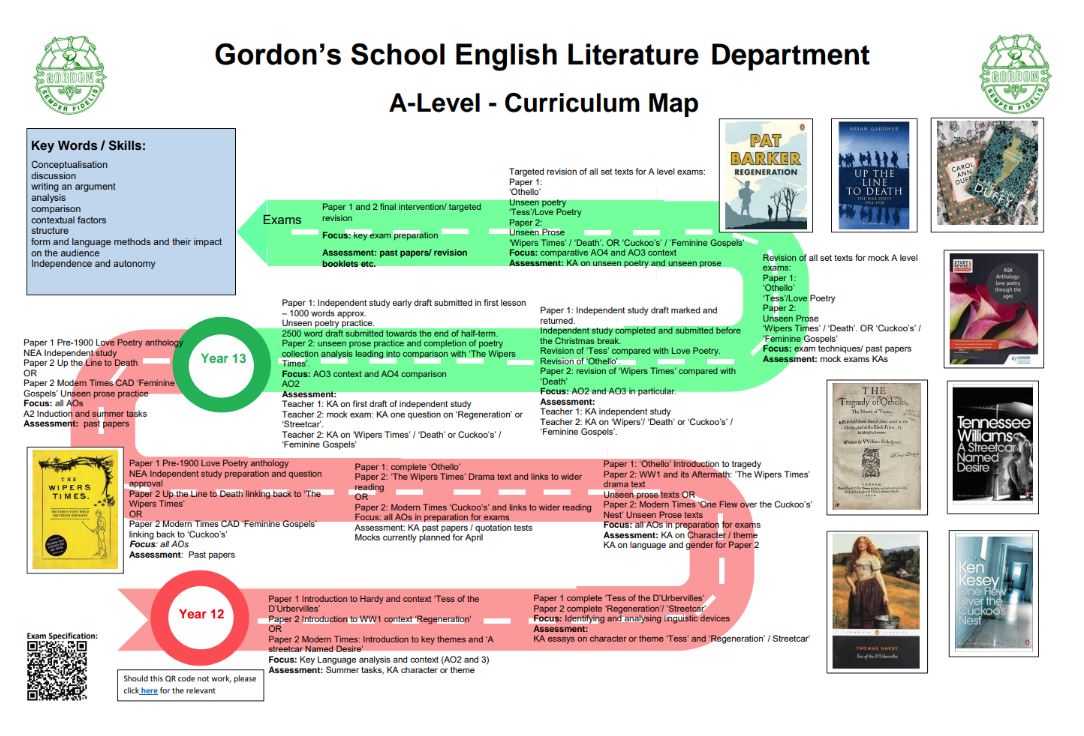English
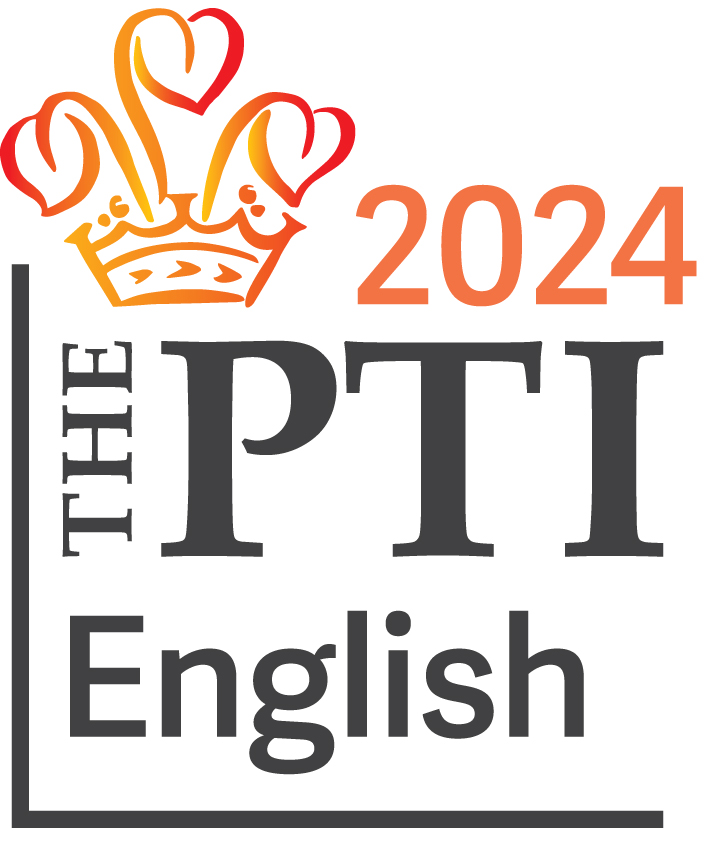
Summary
Students read a wide range of literature, including classic novels and late twentieth and early twenty-first century teenage fiction, plus plays by Shakespeare and contemporary playwrights, alongside poetry from across the history of English literature. Students also study a wide variety of non-fiction texts such as newspapers and speeches.
Students develop their skills of analysis as they explore the texts that they study. Through discussion and debate, students develop as readers and writers. Students are taught to write for a range of different audiences and purposes, from creative writing to analytical essay writing.
Students are encouraged to participate in the many extra-curricular activities that the English Department runs, from writing for the school magazine to participating in mock-trial competitions, as well as regular writing competitions. Independent reading, or private reading, is also promoted and recorded in Reading Record Charts at the back of the exercise book of Key Stage 3 students.
CREATIVE WRITING AT GORDON'S School
Our talented students are encouraged to enter national writing competitions to share their work in the real world. We also have department writing competitions such as the Year 9 Gothic Short Story Competition and the Egypt Prize for Key Stage 3 Poetry.
Head of Department: Mr Berry pberry@gordons.school
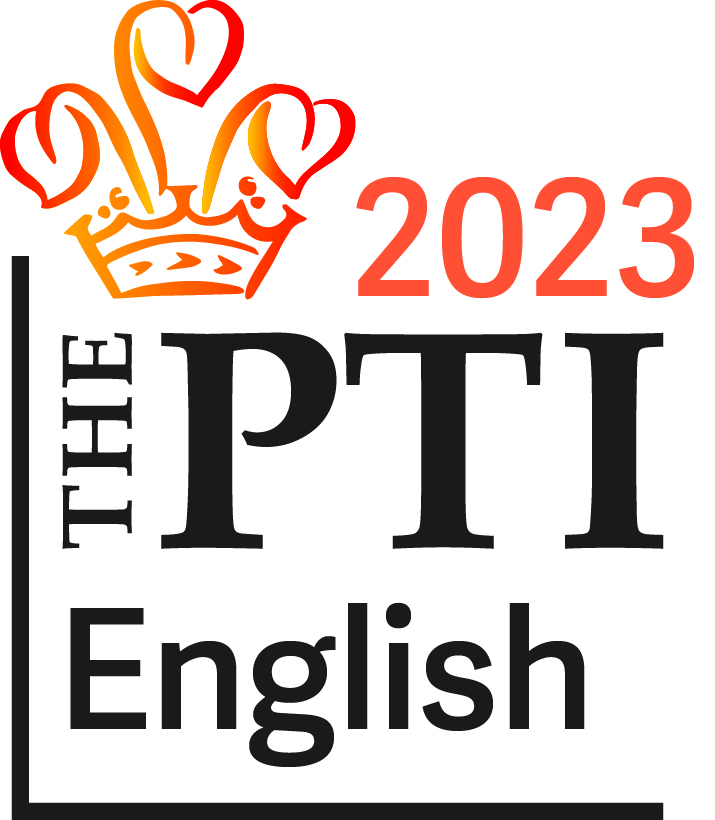
Summary
In English lessons, students study fiction and non-fiction extracts to develop their reading and writing skills, all of which is brought to life through lively speaking and listening activities such as: discussions, debates and individual presentations. This speaking work leads into the Spoken Language assessment, which provides students with a separate grade alongside the GCSE English Language grade.
Students prepare for two exam papers for GCSE English Literature. Teaching for English Literature is geared around the in-depth study of the set texts for these exam papers. ‘Macbeth’ and ‘Dr Jekyll and Mr Hyde’ are examined for Paper 1, while ‘An Inspector Calls’, ‘Power and Conflict Poetry – AQA Anthology’ and ‘Unseen Poetry’ form Paper 2.
Course details
English Language
Examination
The course is now linear and will be examined at the end of Year 11.
Paper 1 – Explorations in creative reading and writing (1 hr 45mins) 50% of GCSE
Section A Reading: Students answer a series of questions, worth progressively more marks, on an extract from a literary fiction text. (For example Jamaica Inn)
Section B Writing: Students produce a piece of creative writing from a choice of two topics (eg write the opening part of a story about a place that is severely affected by the weather)
Paper 2 –Writers’ viewpoints and perspectives (1 hr 45mins) 50% of GCSE
Section A Reading: Students read two linked sources from different time periods and genres in order to consider how each presents a perspective or viewpoint to influence the reader.
Section B Writing: Students produce a written text to a specified audience, purpose and form in which they give their own perspective on the theme that is introduced in Section A.
Non-exam assessment:
Speaking and Listening: The assessment allows students to demonstrate their speaking and listening skills by giving a presentation (on a topic chosen by their teacher) in a formal context, responding appropriately to questions and asking questions to elicit clarification. Standard English should be used throughout. The assessment will be separately endorsed and will cover AO7, AO8 and AO9.
Please click here for guidance notes on GCSE English Language Paper 1 and here for guidance notes on English Language Paper 2.
English Literature
Examination
The course is now linear and will be examined at the end of Year 11. The course is 'closed book' so students will not be allowed copies of set texts in the examination room.
Paper 1
Shakespeare and the 19th century novel (1 hr 45mins) 40% of GCSE
Section A Shakespeare: Students answer one question on the Shakespeare play they have studied: first they respond to an extract from the play and then they develop their answer to cover the whole text. Macbeth is studied.
Section B 19th century novel: Students answer one question on the text they have studied: first they respond to an extract from the text and then they develop their answer to cover the whole text. Dr Jekyll and Mr Hyde is studied.
Paper 2
Modern texts and poetry (2 hrs 15mins) 60% of GCSE
Section A Modern texts: Students answer one essay question from a choice of two on modern prose or drama. An Inspector Calls is studied.
Section B Poetry: Students answer one comparative question on one named poem and one other poem from the anthology of poetry they have studied on the theme of either Love and Relationships or Power and Conflict. Power and Conflict is studied.
Section C Unseen poetry: Students answer two questions - a longer question on an unseen poem and then a short comparative question, comparing the first unseen poem to a second unseen poem.

Summary
A Level English Language (AQA Specification, 7701/7702)
English Language involves the study of ‘everyday language in everyday situations’ typically, thus distinguishing the discipline from English Literature, which is centred on ‘canonical texts’ from English literary history. English Language is more ‘technical’ as well with a broader base of linguistic terminology to acquire.
The methods of analysis appropriate to the fields of English language/linguistics underpin all the elements of the English Language course, and these are applied to distinctive topic areas. Indeed, students study various linguistic frameworks, such as: lexis, semantics and grammar, and learn how to apply these to a very wide range of texts, both provided by the teacher, and chosen and researched by the individual student for coursework.
The aim of the English Language course is to develop students’ interest in and enjoyment of English through learning about its structures, functions, development and variations, and their ability to apply linguistic frameworks to a wide variety of texts, to investigate and research language use, and to express themselves with increasing confidence, accuracy and sophistication.
A Level English Literature (AQA Specification A, 7711/7712)
English Literature includes Love through the Ages with students studying: Shakespeare's Othello; a range of canonical love poems from across the history of English literature; Thomas Hardy’s novel Tess of the D’Urbervilles. Students also study either First World War literature or modern times (Post-1945 literature) for Paper 2, alongside an Independent Study where students choose two texts that they are interested in and write a coursework essay on these texts.
Course details
English Language
Unit 1: Language and the individual: Students will study textual variations and representations. They will also explore methods of language analysis and study children’s language development.
Unit 2: Language varieties: For this unit students will study language diversity and writing skills. Students will adopt a variety of methods of language analysis to explore a range of texts. Students will be expected to write discursive essays on each topic.
Students also study how language changes over time.
Unit 3: Non-exam assessment: Language in action: Students are required to produce original writing and an independent language investigation.
English Literature
Unit 1: Love through the ages: Study of a variety of texts: one Shakespeare play (Othello), a prose text and classic love poetry through the ages.
Unit 2: texts in a shared context: For this unit students will study the literature of the First World War and its aftermath or Modern Times - post-1945 literature. Study of three texts: one prose, one poetry, and one drama, of which one must be written post-2000. The examination will include an unseen prose extract
Unit 3: Non-exam assessment: independent critical study on texts across time: Students are required to produce a 2,500 word extended critical essay on texts of their choice
Entry Criteria
English Language: GCSE grade 6 in English Language
English Literature: GCSE grade 6 in English Language and English Literature

